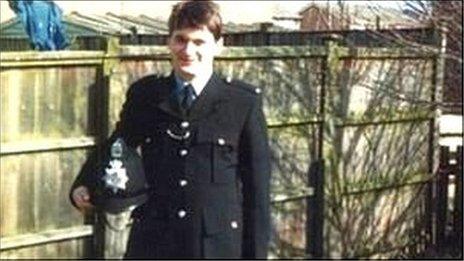St Pauls riots in Bristol remembered 40 years on
- Published
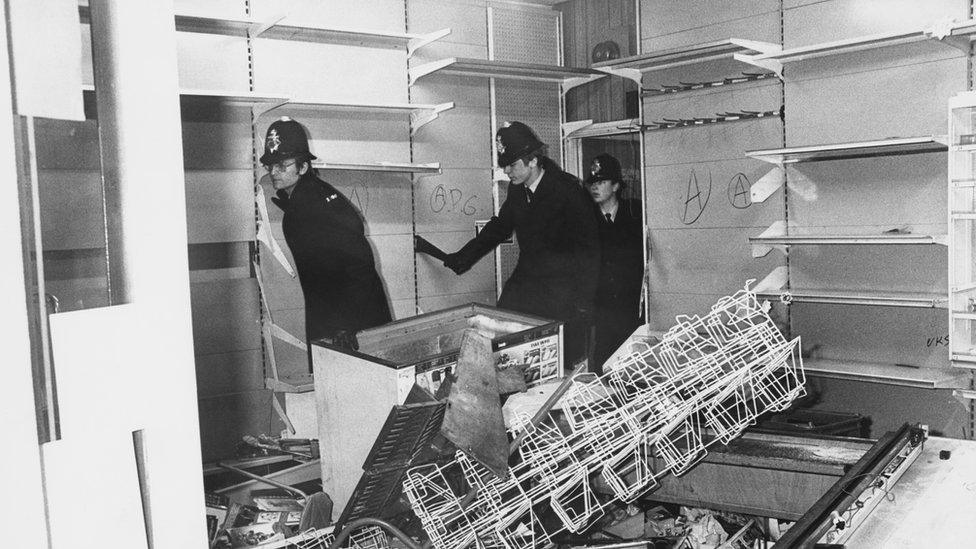
Officers were criticised for carrying out the raid in the middle of the afternoon in full view of the public
They were among the worst disturbances to ever shake Bristol - and 40 years on those involved say the riots in St Pauls were a pivotal moment for black communities in the UK.
A year later in 1981, Brixton in London descended into four nights of rioting and then in July that year, tensions boiled over in similar circumstances in the Toxteth area of Liverpool.
In Bristol, trouble erupted on April 2, 1980, when police raided the Black and White Cafe, in Grosvenor Road.
Officers were quickly driven out of the area by a large crowd throwing missiles.
Some involved in the disturbances argue a racist police force provoked it, but officers involved in the raid maintain they were just trying to prevent crime.
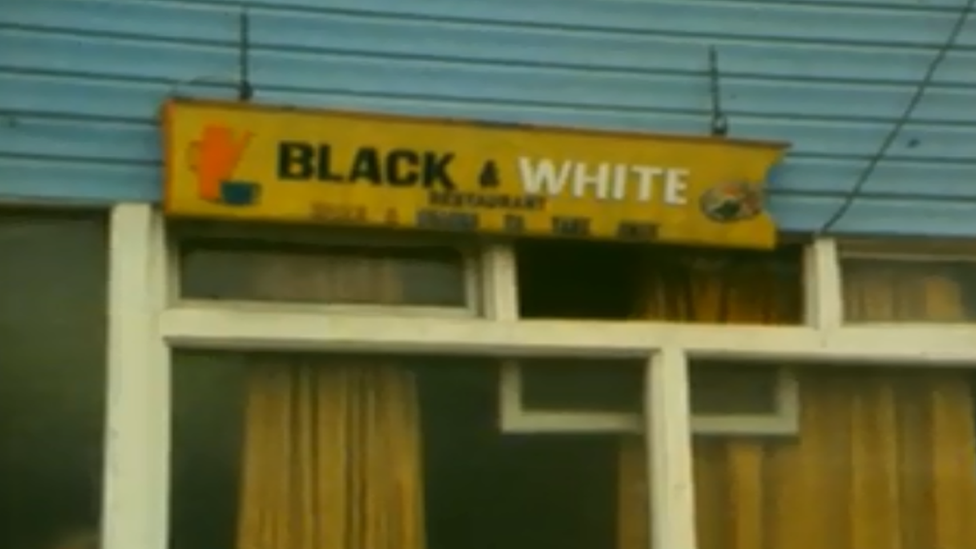
The cafe was closed in the summer of 2004 under the Anti-Social Behaviour Act and bought by the council under a compulsory purchase order
The day after the riots, Avon and Somerset Chief Constable Brian Weigh described the raid as being "a perfectly normal police operation".
Officers had been trying to remove confiscated alcohol from the cafe when they came under attack, Mr Weigh explained.
But a huge crowd quickly gathered and the officers were pelted with bottles, bricks and other missiles.
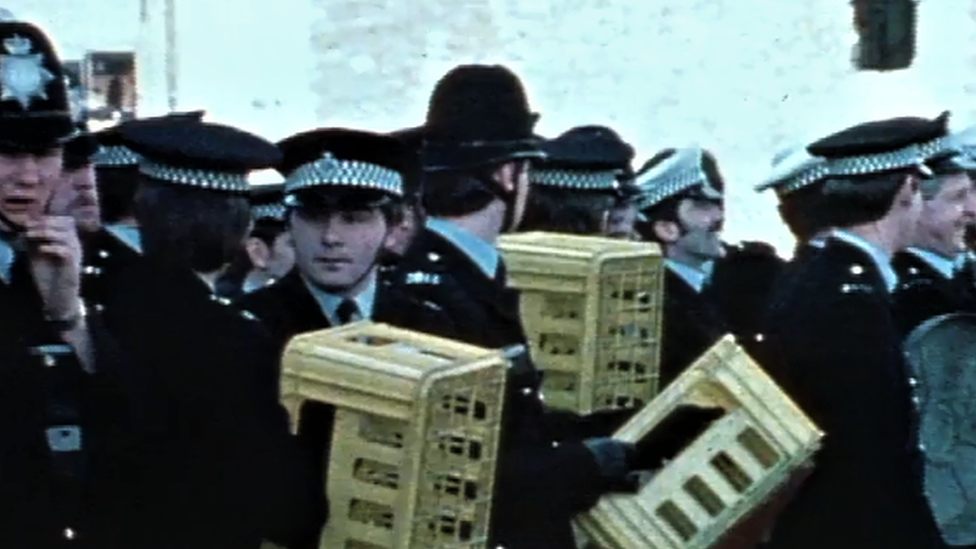
Police officers defended themselves against rioters with milk crates
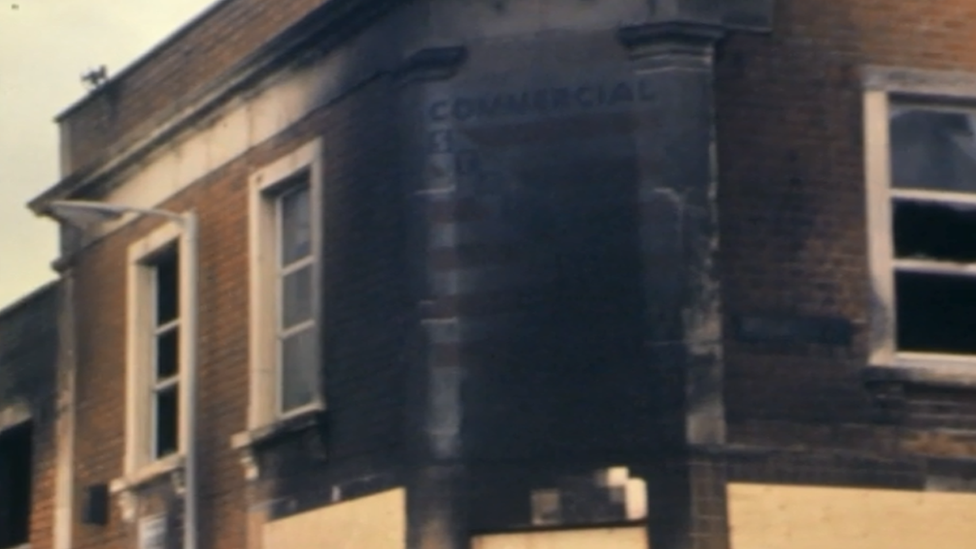
"There was a sense of unity, it was time to fight the enemy," recalled Ray Mighty
For Ray Mighty, who went on to become one half of band Smith and Mighty, it lifted the lid on community anger.
"When that first missile went that was it," he recalled. "We were chasing [the police] everywhere.
"There was a sense of unity, it was time to fight the enemy."
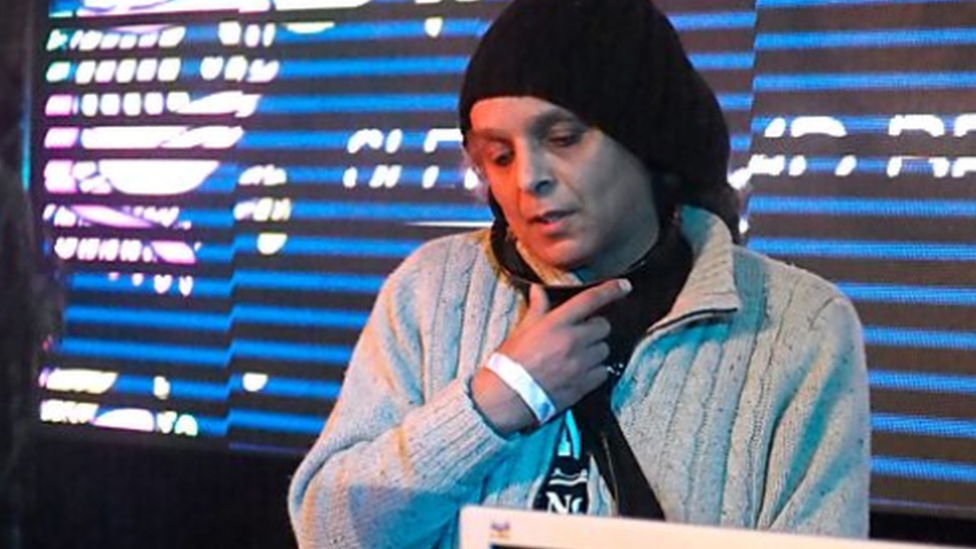
Ray Mighty said at the time there was heightened tension between the people of St Pauls and police
The underprepared police defended themselves with dustbin lids and milk crates but were soon overwhelmed.
As they retreated, looting broke out and buildings were burnt out by arsonists.
By 23:00 that night however, the rioting petered out. It was followed the next day with a huge police presence to restore order.
John, a retired officer who does not want to be identified, denies he and his colleagues were part of a racist police force at the start of the 1980s.
"I'm not saying there wasn't a racist element, there must have been. But I personally didn't see that much," said John.
"For me it was police versus criminals, it didn't really matter what colour they were."
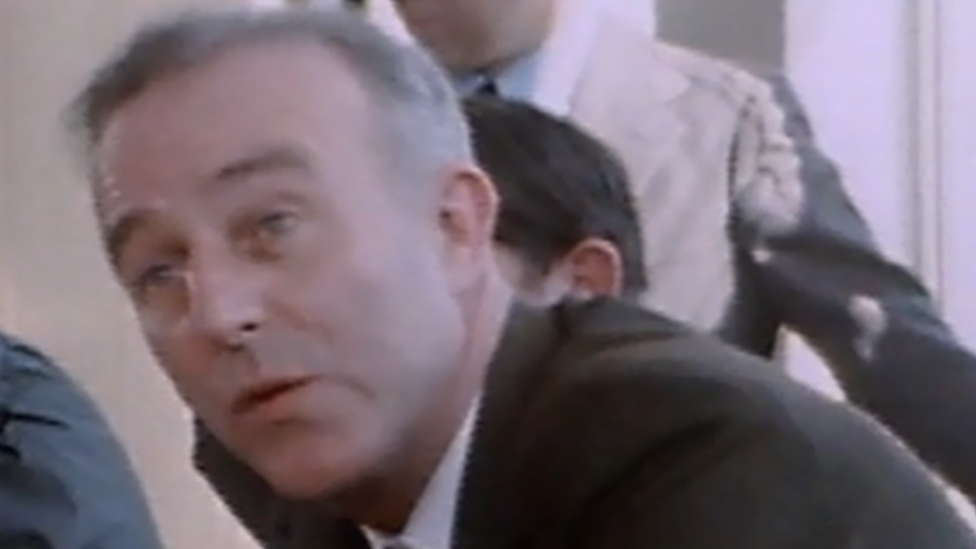
Former Chief Constable Brian Weigh claimed there was nothing racist about the operation
More than 140 people were arrested and 16, picked out as ringleaders, faced trial on a charge of riot.
But partly thanks to a well-organised defence, all 16 were acquitted.
Dennis, another officer on duty during the disturbances, says there was frustration in police ranks over the acquittals.
"It wasn't the police's decision to charge them with riot," he said. "Offences like that are quite difficult to prove. It was a recipe for disaster."
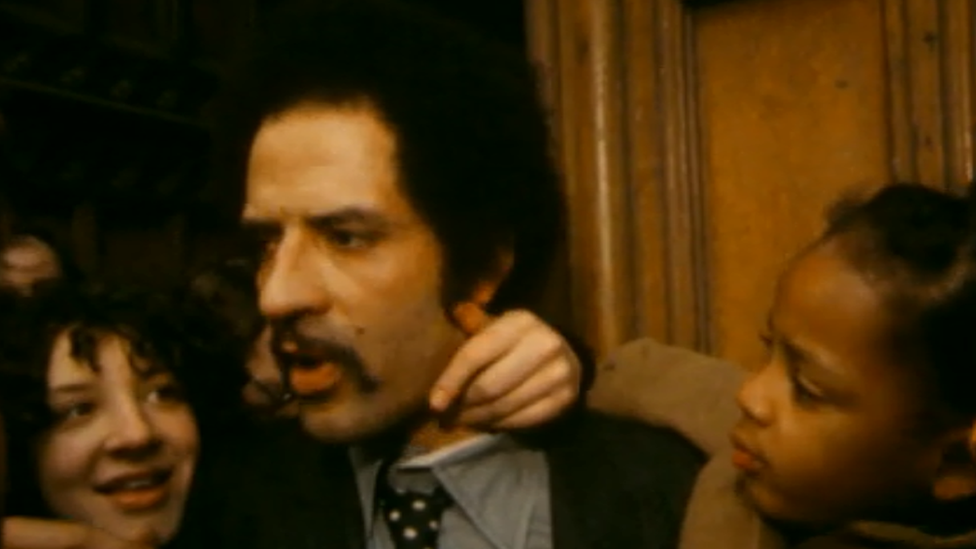
Franklyn Rapier was one of the arrested men to be acquitted at Bristol Crown Court
Jagun, who was involved in the riots and calls them "an uprising", said that while there are still issues in St Pauls, there has been progress.
"Since 1980, the way race politics plays out in Britain has completely changed.
"Back then it was almost like a straightforward black and white issue, our parliament was exclusively white.
"Back in 1980 we didn't have any representation. Marvin Rees (mayor of Bristol) is the first black person in that position, which to some extent is almost symbolic."
From Riots to Uprising: St Paul's 40 Years On will be broadcast on BBC Radio Four on Saturday 4 April 4 at 20:00.
You can also find coverage of the 40th anniversary of the riots in Bristol on the BBC Sounds app.
- Published18 May 2018
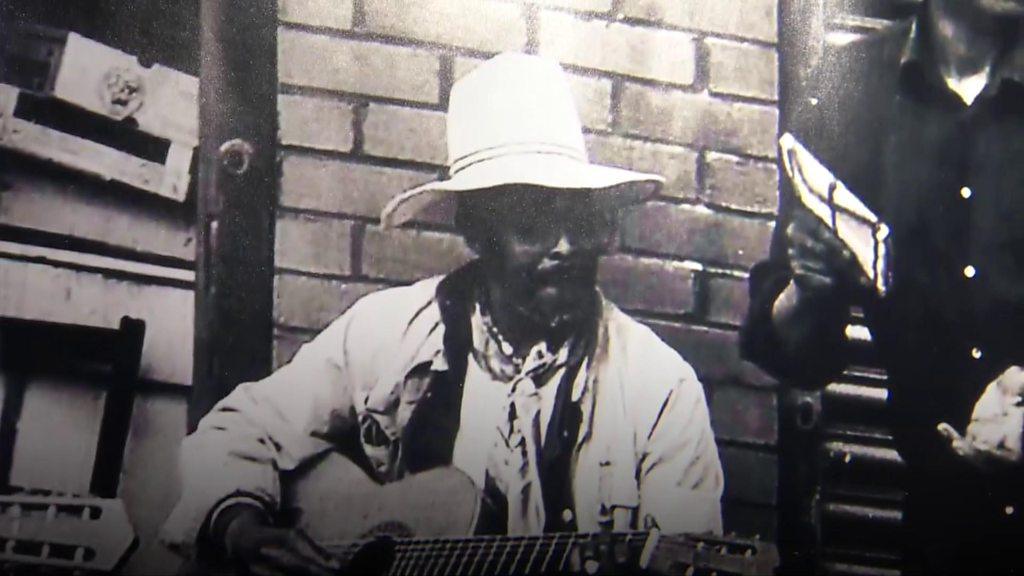
- Published3 July 2011
